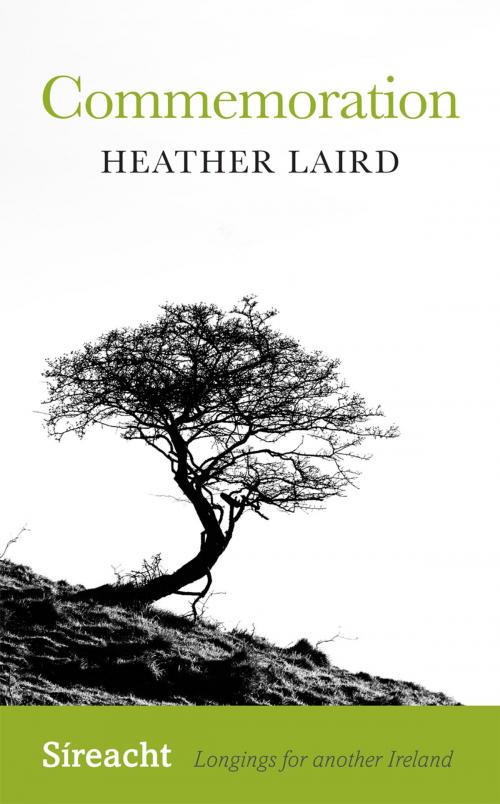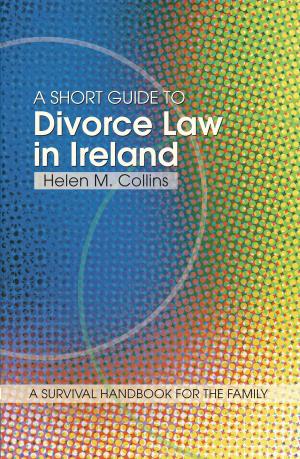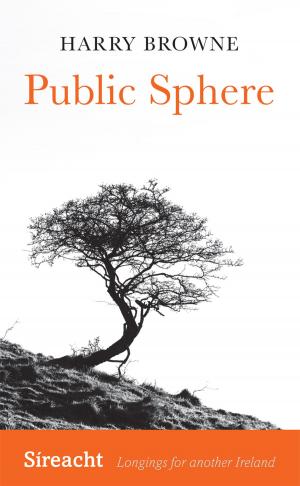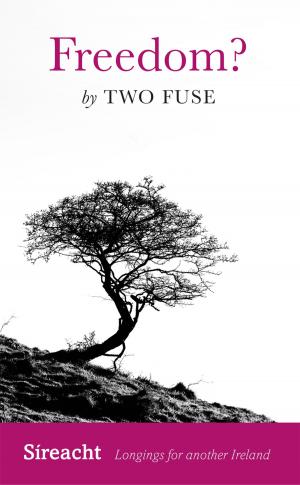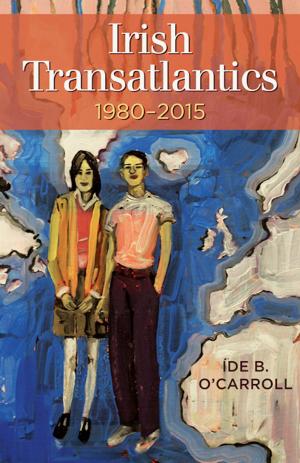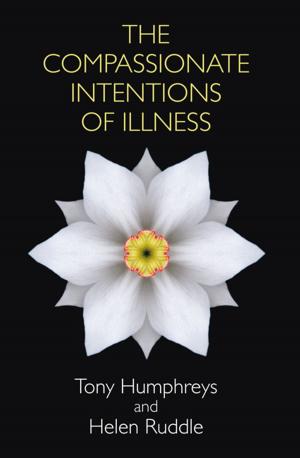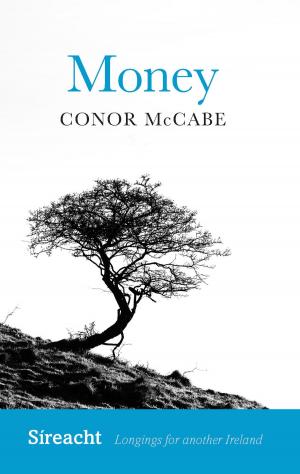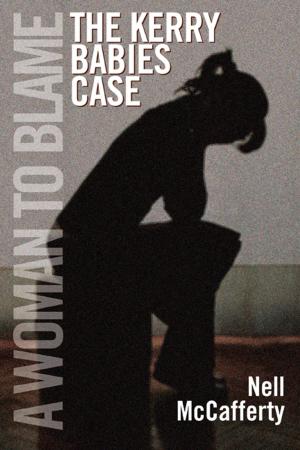Commemoration
Nonfiction, Religion & Spirituality, Philosophy, Political, Social & Cultural Studies, Social Science| Author: | Heather Laird | ISBN: | 9781782052586 |
| Publisher: | Cork University Press | Publication: | March 1, 2018 |
| Imprint: | Cork University Press | Language: | English |
| Author: | Heather Laird |
| ISBN: | 9781782052586 |
| Publisher: | Cork University Press |
| Publication: | March 1, 2018 |
| Imprint: | Cork University Press |
| Language: | English |
This book, written during Ireland’s decade of centenaries, draws on the aims of the Síreacht series to re-imagine commemoration. A commemoration process that is shaped by a desire to re-invigorate the social imagination and encourage speculation on alternatives to current orthodoxies considers not only what happened in the past, but what else might conceivably have happened. By acknowledging the existence of historical alternatives at a given moment, we can access that moment’s contingencies. These unrealised yet fully realisable past futures are especially numerous during periods of potent possibility; points in time when the future seems particularly open to being shaped by those living in the present.Commemoration proposes ways that we can both make the roads untaken in history visible and ‘remember’ them. It links the untaken roads of the past to side-branching roads in the present: real possible alternatives to dominant ways of thinking and being, outlining commemorative practices that could connect these two sets of roads.The book – while referring to history, literature, television drama and documentary, economics, politics, law and art – is grounded in concepts and practices of land and property occupancy and usage. That said, the ideas that it explores are relevant to the broader set of struggles concerning collective welfare that impel the Síreacht series. In keeping with the series’s utopian-inflected subtitle, ‘Longings for Another Ireland’, the book proposes that a commemoration process which recognises that the past could have been other than it was and that it could have given rise to other possible futures can assist us in the difficult but necessary process of imagining our future as both different too and better than the here and now.
This book, written during Ireland’s decade of centenaries, draws on the aims of the Síreacht series to re-imagine commemoration. A commemoration process that is shaped by a desire to re-invigorate the social imagination and encourage speculation on alternatives to current orthodoxies considers not only what happened in the past, but what else might conceivably have happened. By acknowledging the existence of historical alternatives at a given moment, we can access that moment’s contingencies. These unrealised yet fully realisable past futures are especially numerous during periods of potent possibility; points in time when the future seems particularly open to being shaped by those living in the present.Commemoration proposes ways that we can both make the roads untaken in history visible and ‘remember’ them. It links the untaken roads of the past to side-branching roads in the present: real possible alternatives to dominant ways of thinking and being, outlining commemorative practices that could connect these two sets of roads.The book – while referring to history, literature, television drama and documentary, economics, politics, law and art – is grounded in concepts and practices of land and property occupancy and usage. That said, the ideas that it explores are relevant to the broader set of struggles concerning collective welfare that impel the Síreacht series. In keeping with the series’s utopian-inflected subtitle, ‘Longings for Another Ireland’, the book proposes that a commemoration process which recognises that the past could have been other than it was and that it could have given rise to other possible futures can assist us in the difficult but necessary process of imagining our future as both different too and better than the here and now.
